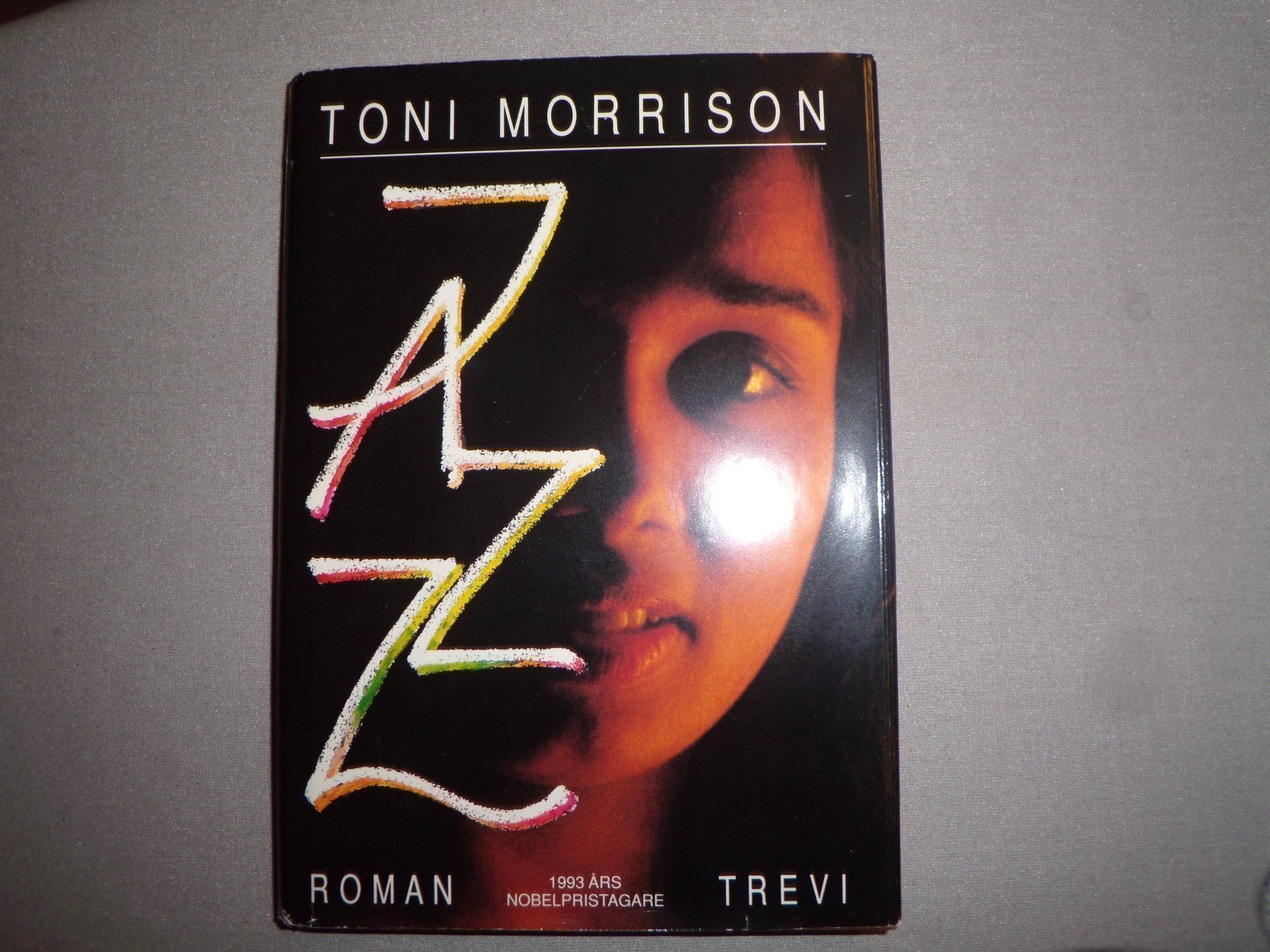

” Morrison envisions her literature of suffering and survival functioning as did the oral storytelling of the past, reminding members of the community of their heritage and defining their roles. Each of her novels highlights the struggles of black people to rediscover and maintain connections to their cultural history and mythology -to their “ancestors, ” as she put it in an essay entitled “Rootedness: The Ancestor as Foundation. Paradoxically, Morrison attributes the breadth of her vision to the precision of her focus.

At the same time, her books regularly reach bestseller lists, and she has even appeared on the cover of Newsweek. Her works are taught in courses on the novel as well as in African- American literature courses, and she is a sought after commentator not only on racial issues but on American arts and culture in general. ” Since the publication of her first novel, The Bluest Eye, in 1970, Morrison has earned increasing critical and popular acclaim. Morrison ’s versatility and technical and emotional range appear to know no bounds, ” wrote Canadian novelist Margaret Atwood in the New York Times Book Review, adding, “If there were any doubts about her stature as a pre-eminent American novelist, of her own or any other generation, Beloved will put them to rest. When Toni Morrison received the Pulitzer Prize in 1988 for her fifth novel, Beloved, the award brought her the national recognition many critics and fellow artists believed long overdue. Awards Controversy Fails to Diminish Literary Stature


 0 kommentar(er)
0 kommentar(er)
